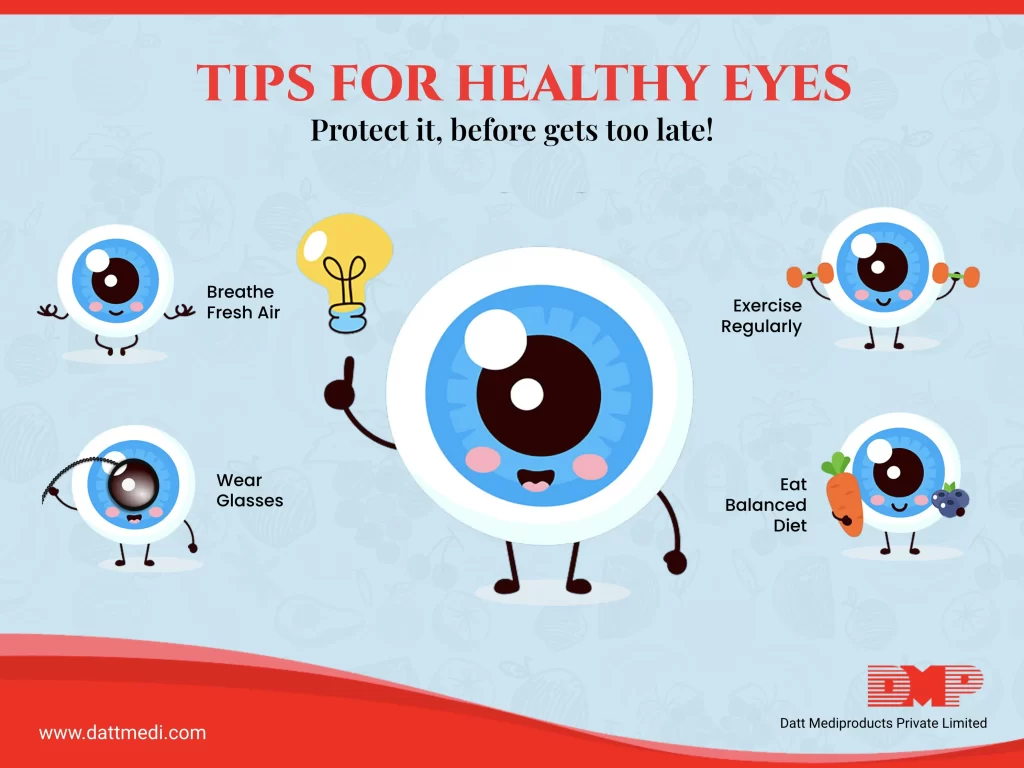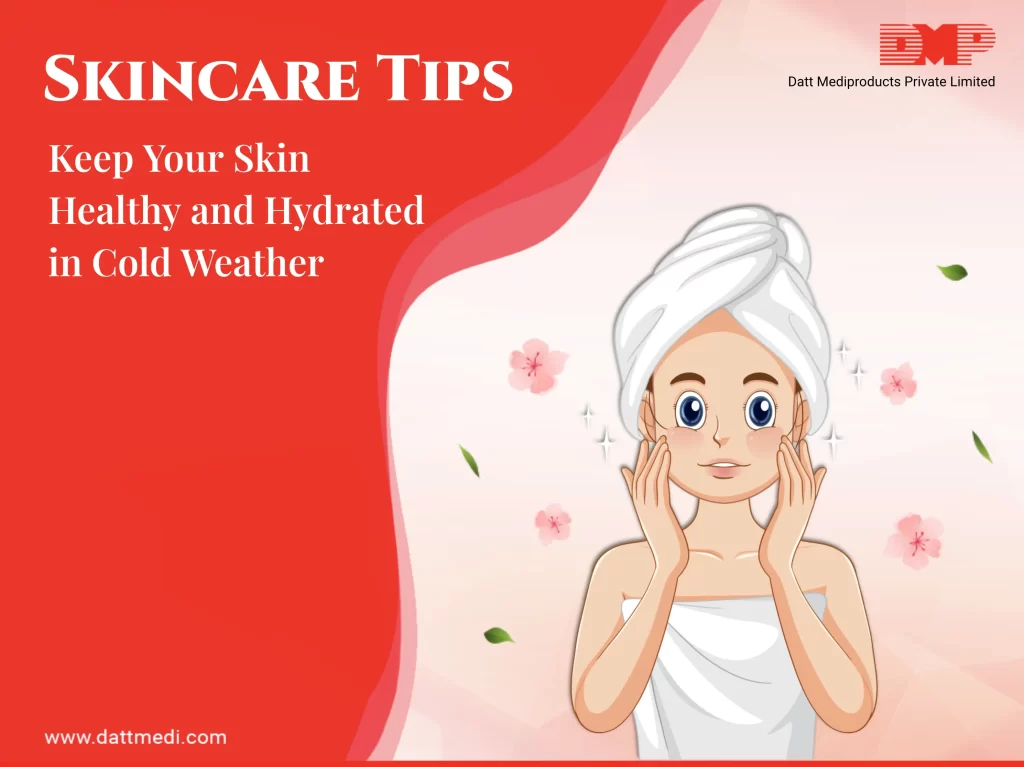
The human body is bestowed with five senses, where each sense is invaluable in its own way. Our vision is considered predominant as it helps us to perceive 80% of all impressions.
Thereby, good eye health becomes important, as neglected eye care can hurt your pocket and affect your quality of life too.
It is not really possible to prevent eye complications, but following some simple yet effective eye care tips may help maintain optimal eye health and protect your vision. We have tried to compile a few of such tips to help maintain eye health as you age.
TAKE CARE OF YOUR OVERALL HEALTH
Healthy Diet Healthy Eyesight:
Eat foods rich in vitamins A, C and E, zinc, lutein and omega-3 fatty acids such as green leafy veggies, fatty fish, non-meat protein sources to lower the chances of developing macular degeneration or cataracts.
Get Active:
Being physically active is good for overall health. It even lowers the risk of many health problems including those of the eyes.
Quit Smoking:
Smoking can harm optic nerves and increase the likelihood of debilitating eye conditions such as macular degeneration and cataract by putting eyes under high oxidative stress.
Get a good night sleep:
A sufficient sleep ensures the eyes are well-rested and strain-free. A sleep of at least 5 hours every night is essential for eyes to replenish themselves. During this time, our body replenishes the supply of natural tears to keep our eyes well hydrated.
PROTECT YOUR EYES
Wear protective eyewear:
Wear safety glasses or goggles to protect yourself from eye injuries especially during sports, doing construction work, home repairs, cleaning, etc.
Wear sunglasses:
It protects your eyes from the harmful effects of ultraviolet sun rays. Choose shades with both UVA and UVB protection. These have an ability to block as much as 99 – 100% of harmful UV rays and help you stay away from cataracts, macular degeneration and pinguecula.
Avoid excessive exposure to devices:
Limit the use of digital devices as these expose your eyes to high spectrum blue light. The 2 eye nutrients named “Lutein and Zeaxanthin” filter this blue light, however, these can’t be produced by the human body. These can only be supplemented or obtained through diet.
Below mentioned are a few tips which can be followed:
– Use updated contacts or glasses.
– While using a computer screen, keep it within 20″-24″ of your eye and its top slightly below eye level.
– Adjust screen brightness to reduce glaring.
– Incorporate Blinking Breaks more frequently to relieve the strain and avoid dryness.
– Take a screen break every 20 minutes or so.
– Wash your eyes regularly or use eye drops to soothe irritated and dry eyes.
Maintain Hand Hygiene:
It is important to wash your hands more often before touching your eyes to avoid any chances of eye infections, such as bacterial conjunctivitis (pink eye).
Consult Eye Doctor Regularly:
Get your vision checked on a regular basis and consult an ophthalmologist in case of a possible vision problem. Several serious eye problems, such as glaucoma and age-related macular degeneration (AMD), can be managed successfully if diagnosed and treated early. If not treated these diseases may even lead to vision loss or blindness.
We @dattmediproducts suggest everyone be vigilant about Eye Problems and be attentive to any changes in the vision like hazy or double vision, redness in the eyes, problem seeing in low light conditions, or constant pain and swelling. Consider seeing an eye specialist at the earliest to avoid any unsuspected problem.




